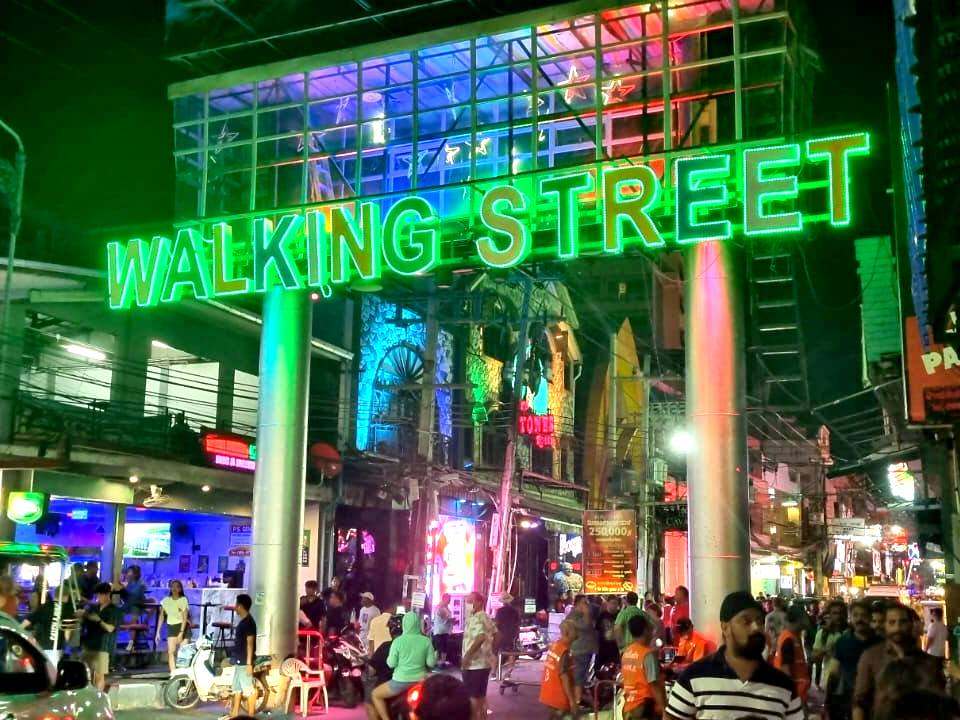
Nine and a half million foreign visitors have arrived in Thailand so far this year, according to Thai government spokesman Traisuree Taisaranakul, with three million heading direct to Pattaya. The national economy has benefitted to the tune of US$11 billion with Pattaya contributing around one third of that. The Bank of Thailand says it is confident that there will be 28 million arrivals in the entire calendar year, which compares with 40 million in pre-pandemic 2019.
Thai authorities have developed a number of strategies to maximize the influx. Chinese arrivals nationally have been sluggish, because of a shortage of aircraft and delays in issuing new passports by Beijing authorities, but are expected to increase to multiple flights hourly by the end of the summer. Thai immigration is also simplifying the 15-days visa on arrival for Chinese citizens by permitting paperwork to be completed pre-flight. Meanwhile, the nationals of 60 countries, including the UK, the US, most of mainland Europe and Australia, can extend their 30 days visa exempt permission for a further month without having to leave the country.
A spokesperson for the Pattaya Entertainment Collective said night life was more or less back to normal after the pandemic and added there was the additional bonus of cannabis with an obviously blurred distinction between medical and leisure use. The weekends in particular reveal a packed resort with lengthy traffic queues in and around the city center. The main problem for Pattaya employers in the hospitality industry has been finding enough staff, especially in hotels according to the eastern Thailand hoteliers association. Attempts are being made to fill the gap by recruiting more workers from Myanmar, Cambodia and Laos with whom the Thai government has Memoranda of Understanding.
“Tourism will be the key pillar supporting our growth this year,” said Thitima Chucherd, an economist at the Siam Commercial Bank. But the threat comes from the May 14 Thai general election. Pro-democracy parties secured the most number of seats in the 500-member House of Representatives, but the votes of the 250 unelected Senators, appointed by the military, will also play a pivotal role on who becomes prime minister.
Although most commentators downplay the prospect of yet another military intervention – it would need to be a strange self-coup as army leaders currently run the country as caretakers – the prospect of a prolonged and bitter parliamentary conflict or an unstable minority government is already worrying investors. “If political tensions spill over into the streets, arrivals growth will slump as in the past two decades,” said Krystal Tan from the Australian and New Zealand Banking Group. Still, if all goes well, a new government will be in office by August.





